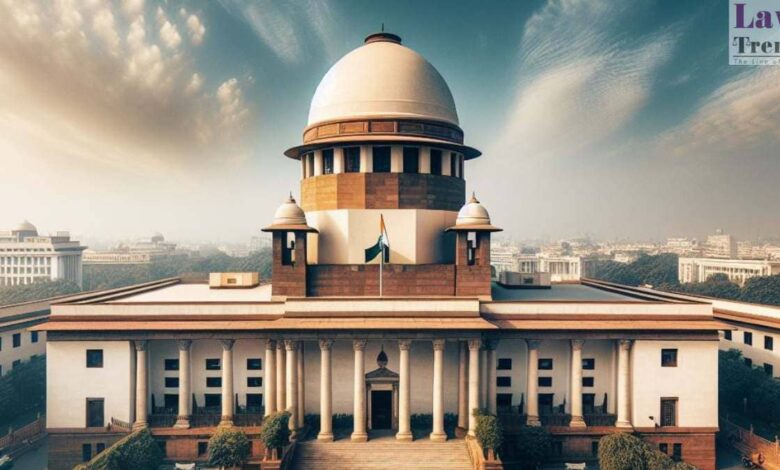
In a significant ruling, the Supreme Court on Monday held that asking an accused person to share their location via Google PIN cannot be a condition for granting bail. The top court said such a condition violates an individual’s right to privacy.
A bench of Justices Abhay S Oka and Ujjal Bhuyan delivered the verdict, stating that the bail condition requiring an accused to drop a pin on Google Maps for the investigating officer to access their location breaches the fundamental right to privacy guaranteed under Article 21 of the Indian Constitution.
The court was hearing a plea against certain conditions set by the Delhi High Court in its order granting interim bail to a foreign national accused in a drugs case. The High Court had directed the accused and a co-accused to place a pin on Google Maps to ensure their whereabouts were visible to the police.
The Supreme Court said that a bail condition that enables the police to track the movements of the accused and infringe on their privacy cannot exist. The court also relaxed a bail condition that required a foreign accused to obtain an assurance from their embassy that they would not leave India.
The ruling comes as a significant victory for the fundamental rights of individuals, with the Supreme Court firmly establishing that the right to privacy cannot be compromised, even in the context of bail conditions.



